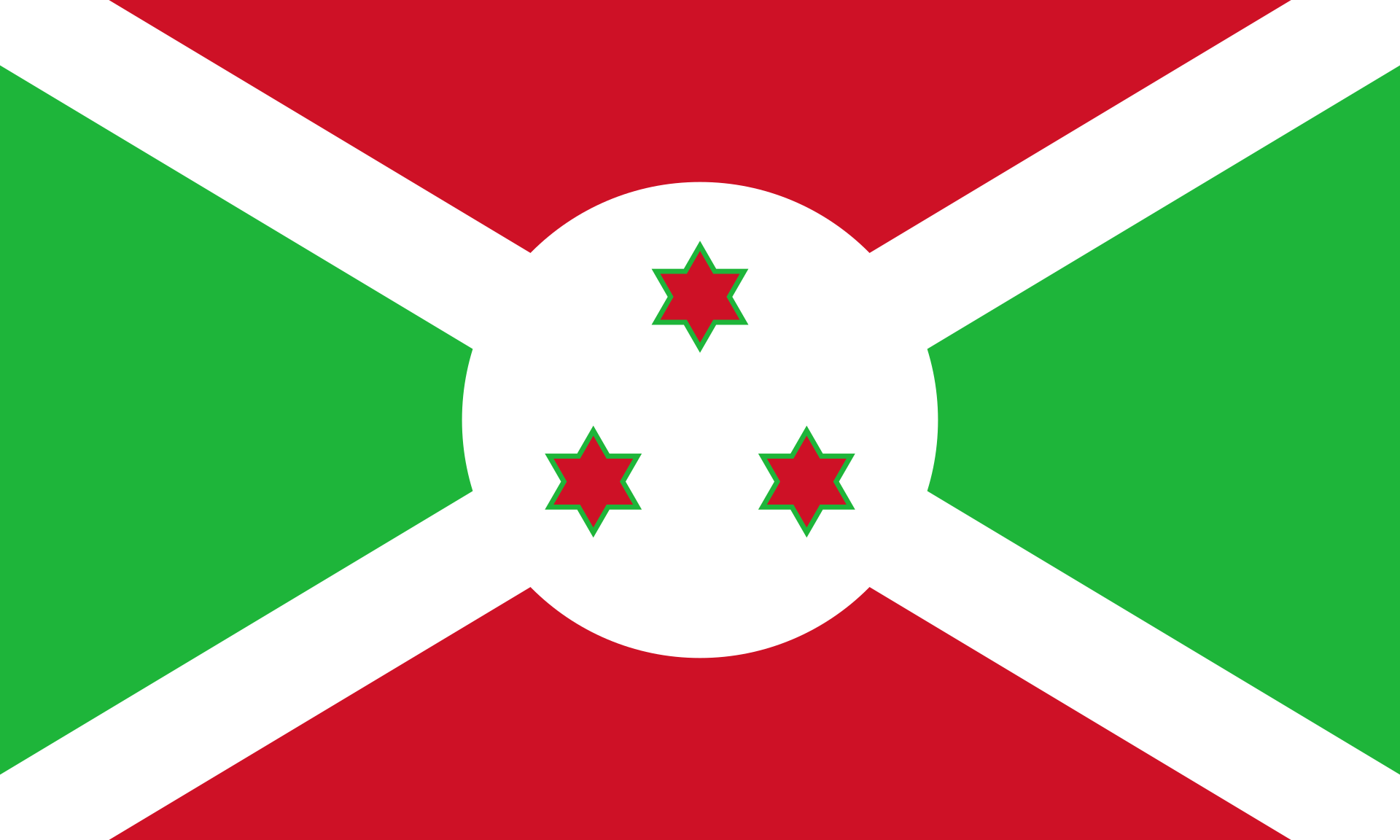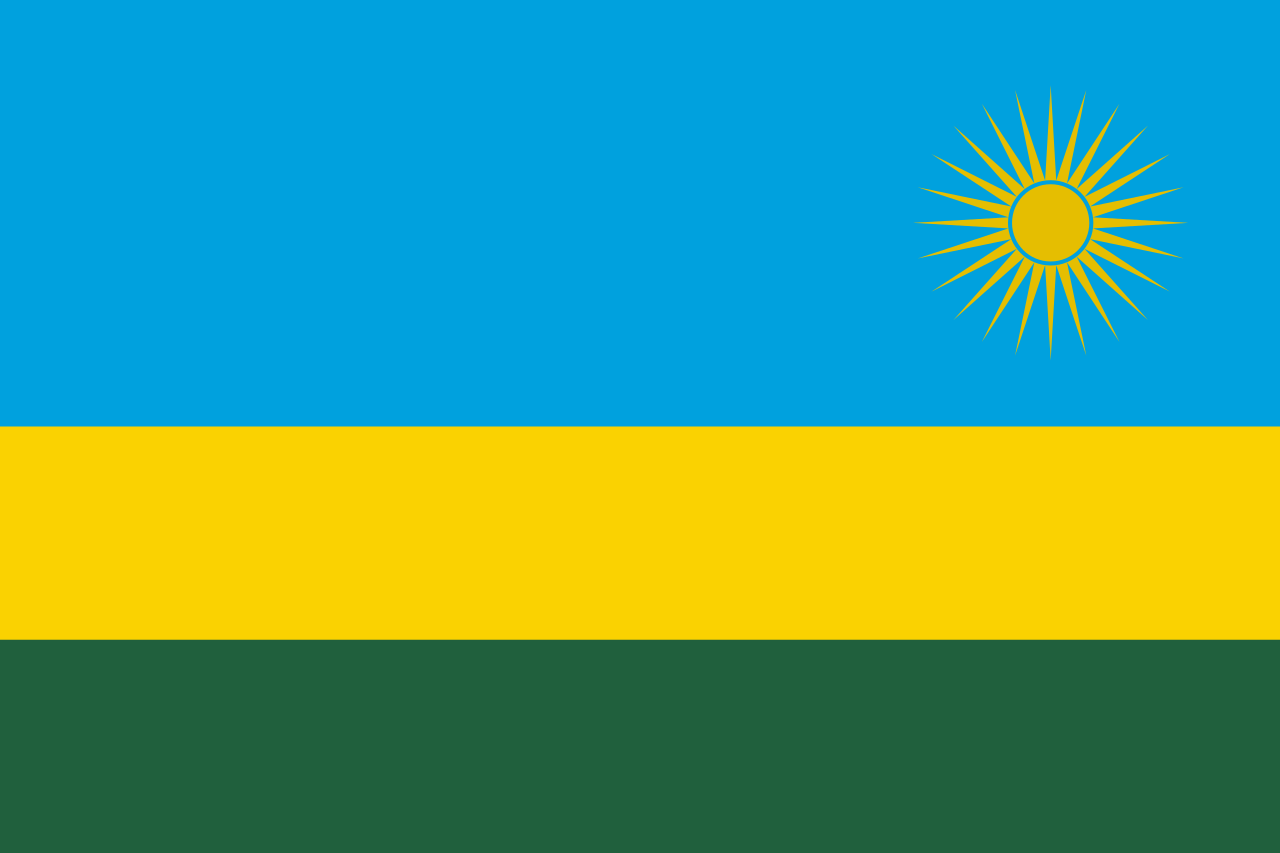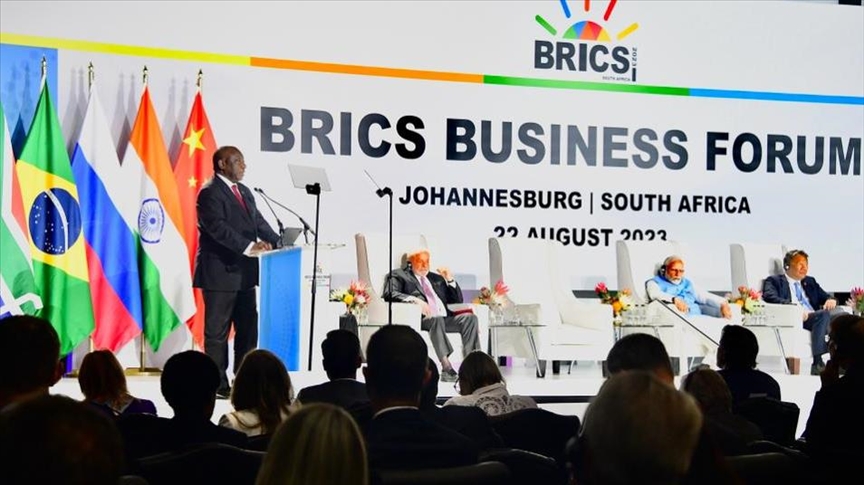Burundian authorities should immediately and unconditionally release and quash the conviction of journalist Floriane Irangabiye who was arbitrarily arrested on 30 August 2022 and is currently serving a 10-year prison sentence for criticizing the government, Amnesty International, the Burundi Human Rights Initiative, the Committee to Protect Journalists, and Human Rights Watch said.
“Floriane Irangabiye was convicted simply for doing her job as a radio journalist,” said Tigere Chagutah, Amnesty International’s regional director for East and Southern Africa.
“Her conviction and imprisonment are a travesty and flagrant violation of her rights to freedom of expression and to a fair trial”.
On 2 January 2023, the Mukaza High Court in Bujumbura convicted Irangabiye of endangering the integrity of the national territory, sentenced her to 10 years in prison and imposed a fine of one million Burundian francs (approximately US$482), following a deeply flawed trial during which the prosecutor failed to provide credible evidence. Bujumbura convicted Irangabiye of endangering the integrity of the national territory, sentenced her to 10 years in prison and imposed a fine of one million Burundian francs (approximately US$482), following a deeply flawed trial during which the prosecutor failed to provide credible evidence. Irangabiye’s prosecution violated her right to freedom of expression, as it was based on comments made during a radio show for Radio Igicaniro, an online platform in exile, in which she and other guests were critical of the Burundian government.
On 2 May, the Court of Appeal of Mukaza upheld the conviction. Although the court found that Irangabiye’s initial interrogation by the National Intelligence Service violated the Criminal Procedure Code because it was conducted without a lawyer present and without informing her of her right to remain silent, it held that this did not nullify the procedure. Her lawyers have filed an appeal to the Supreme Court.
Irangabiye has a long-standing medical condition, and her health has deteriorated while in detention in Muyinga Prison. In May 2023, her lawyers submitted a formal request to the Ministry of Justice for her to be transferred back to Bujumbura, where she was initially detained and where she would be able to receive the necessary medical care and be closer to her family. At time of writing, no response had been given to the request.
“The failure to provide Irangabiye with adequate medical care is not only cruel, but a sign of the state’s ruthlessness in silencing critics,” said the sub-Saharan Africa representative of the Committee to Protect Journalists, Muthoki Mumo. “Authorities should immediately provide her access to the necessary medical care and release her unconditionally.”
The court’s conviction and sentencing of Irangabiye are based on a vaguely defined crime that is open to misuse to persecute people for criticism and commentary. Amnesty International, the Burundi Human Rights Initiative, the Committee to Protect Journalists and Human Rights Watch believe her conviction and imprisonment are punishment for her peaceful exercise of the right to freedom of expression, in violation of the African Charter on Human and Peoples’ Rights and the International Covenant on Civil and Political Rights, to which Burundi is a state party.
Irangabiye was initially held without charge for several months, in violation of the Burundian Criminal Procedure Code as well as international human rights standards.
“Floriane Irangabiye’s imprisonment shows that the crackdown against those who criticize the government is far from over,” said Clémentine de Montjoye, Africa researcher at Human Rights Watch. “Burundian authorities should carry out substantive reforms to restore the independence of the justice system and repeal laws which criminalize freedom of expression.”
Irangabiye’s arrest follows a well-established pattern of arbitrary detention and prosecution of government critics and opponents on trumped-up charges.
“President Évariste Ndayishimiye must know about the imprisonment of Floriane Irangabiye, but he refuses to speak out against it,” said Carina Tertsakian from the Burundi Human Rights Initiative. “If he wants the world to believe in his promises of reform, he should call for her immediate release and ensure that his government does not use the justice system as a tool to target and persecute opponents and critics.” - Amnesty International








